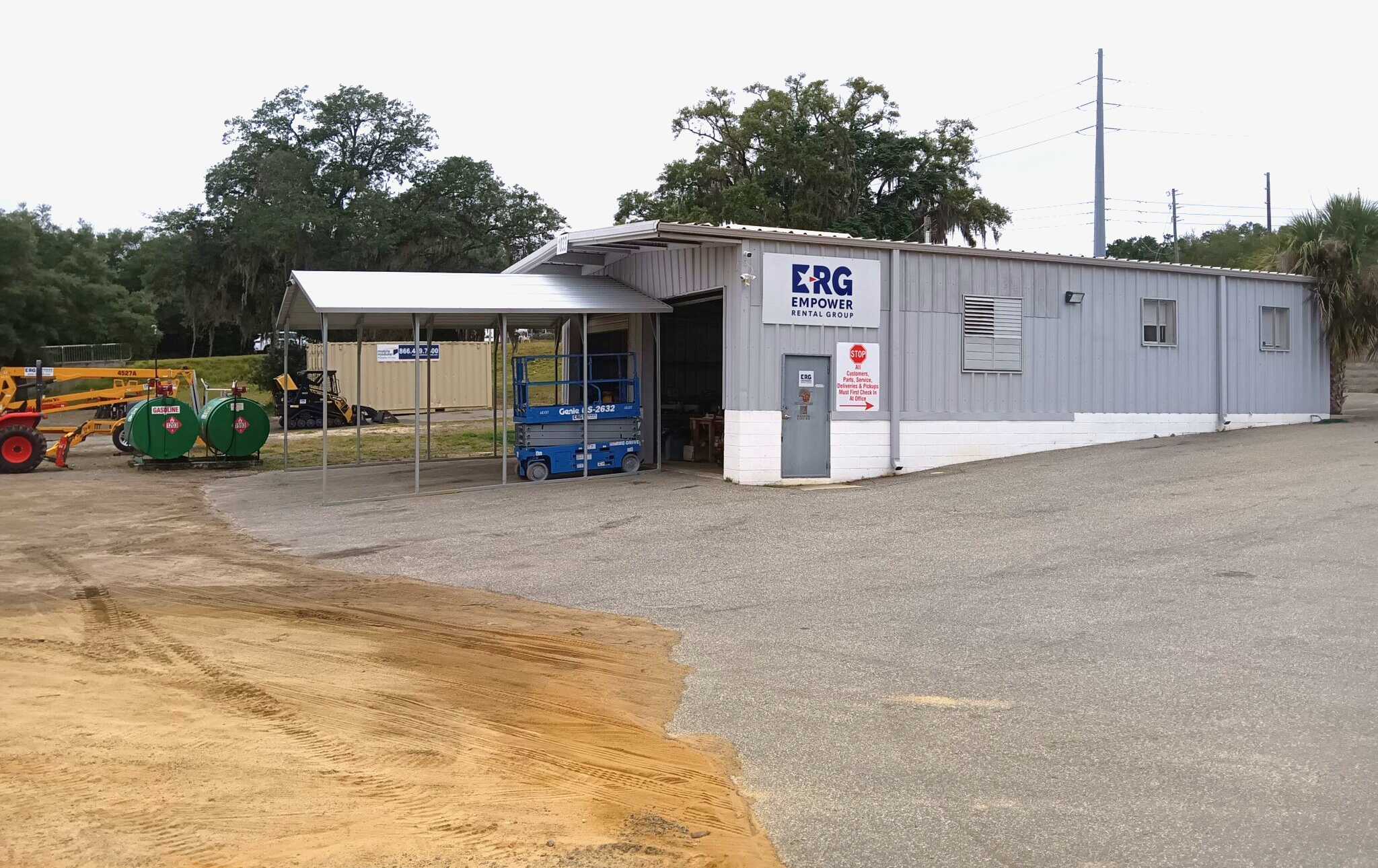The Strategic Benefits of Choosing Tools Rental Over Acquisition for Short-Term Projects and Rapidly Transforming Demands
In today's hectic company atmosphere, the choice to lease instead of purchase equipment can substantially influence project results. By choosing rental options, companies can reduce capital expenditures, simplify source allowance, and maintain an one-upmanship through accessibility to advanced modern technology. This approach not only minimizes the worry of upkeep but also boosts operational versatility, enabling firms to swiftly get used to advancing project demands. The effects of this strategy prolong past mere expense financial savings, raising vital factors to consider for long-term operational efficiency and tactical preparation. What aspects should companies consider when browsing this option?
Expense Efficiency of Equipment Rental
When evaluating the cost effectiveness of equipment leasing, one need to consider several vital elements that can significantly affect overall task expenditures. Firstly, the preliminary financial investment associated with purchasing tools can be considerable, often needing a substantial resources outlay that might not be understandable for short-term jobs. In contrast, equipment service allows organizations to accessibility top notch equipment without the worry of upfront costs, thus protecting funding for other essential locations of the project.
In addition, ongoing upkeep and repair service costs are generally the duty of the rental business. This minimizes the economic strain on task supervisors, as they are not accountable for the costs related to equipment upkeep. Rental agreements usually include insurance policy protection, mitigating threats associated to harm or loss.
An additional aspect to consider is depreciation. Ownership requires a gradual reduction in asset value, which can considerably affect the total cost of ownership with time. On the other hand, renting tools gets rid of problems pertaining to devaluation, as costs are incurred just for the period of usage.

Adaptability in Task Management
Adaptability in task management is a crucial benefit that tools rental offers, specifically for temporary tasks. The vibrant nature of project timelines and demands commonly requires quick adjustments. By renting devices, project supervisors can easily scale sources up or down based on instant needs without the burden of long-lasting commitments connected with possession.
This flexibility enables groups to respond quickly to unanticipated obstacles, such as adjustments in task range or hold-ups in distribution routines. For example, if a job requires certain machinery for a minimal duration, renting makes it possible for business to get the essential equipment without incurring the high prices connected to purchasing. Additionally, it helps with the capability to pivot swiftly, enabling job supervisors to allot funds and sources more effectively.
Furthermore, tools rental fosters partnership among various stakeholders, as it streamlines the procedure of obtaining specialized devices that may just be required momentarily (dozer rental). This versatility not only boosts task results yet also supports a society of development, where teams can explore different techniques and modern technologies without the worry of thrown away capital. Eventually, equipment rental serves as a strategic property in taking care of temporary tasks properly
Access to the current Modern Technology
Getting access to the latest modern technology is a considerable advantage of equipment leasing, specifically for short-term projects. In markets where developments in technology occur quickly, having one of the most updated devices can be an important consider maintaining an one-upmanship. Rental companies usually purchase the most recent machinery and devices, ensuring that clients can use modern modern technology without the significant capital expense required for purchasing.
This access makes it possible for services to full projects more effectively and efficiently, leveraging technologies that improve efficiency, security, and top quality. As an example, advanced equipment may consist of features such as improved automation, improved energy effectiveness, and remarkable industrial machinery movers functional designs, all of which can contribute to far better task end results. When project needs change or new technological remedies come to be available, rental options permit business to quickly adapt without the burden of having outdated tools.
Reduced Maintenance Duties
Accessing sophisticated modern technology via devices leasing not only improves job efficiency but also minimizes the concern of upkeep responsibilities. When organizations select rental over acquisition, they effectively transfer the maintenance obligations to the rental copyright. This arrangement gets rid of the demand for internal upkeep groups, lowering labor expenses and maximizing useful resources that can be redirected towards core business activities.
Moreover, rental firms commonly guarantee that their tools is well-maintained, on a regular basis serviced, and updated with the most recent safety and security requirements. This not just ensures ideal efficiency but additionally minimizes the risk of unforeseen breakdowns that can cause task hold-ups. Clients take advantage of the assurance that the tools they are making use of remains in peak problem, consequently enhancing productivity and project timelines.

Improved Functional Dexterity

Leasing devices enables organizations to scale operations up or down rapidly, reacting effectively to varying demands. This adaptability is specifically essential for industries dealing with rapid modifications, such as construction, manufacturing, and events monitoring. mini excavator rental. Rather of being encumbered by excess supply or obsolete tools, firms can choose the exact devices needed for a specific project, enhancing their source allotment
Moreover, rental arrangements usually feature extensive support services, consisting of upkeep and logistics, which even more enhance operational efficiency. This minimizes the concern on internal groups, allowing them to focus sites on core expertises instead of equipment monitoring. Inevitably, by accepting tools leasing, organizations place themselves to remain competitive, active, and responsive in an ever-evolving organization landscape, promoting technology and growth.
Final Thought
To conclude, the calculated advantages of tools leasing for temporary tasks and rapidly changing demands are clear. Cost performance, enhanced flexibility in job management, and access to the most up to date modern technology add to improved functional performance. Moreover, the transfer of maintenance responsibilities her response alleviates the burden on companies, permitting a concentrate on core tasks. Ultimately, accepting devices rental fosters dexterity and competitiveness in dynamic markets, positioning organizations for success in a significantly hectic environment.